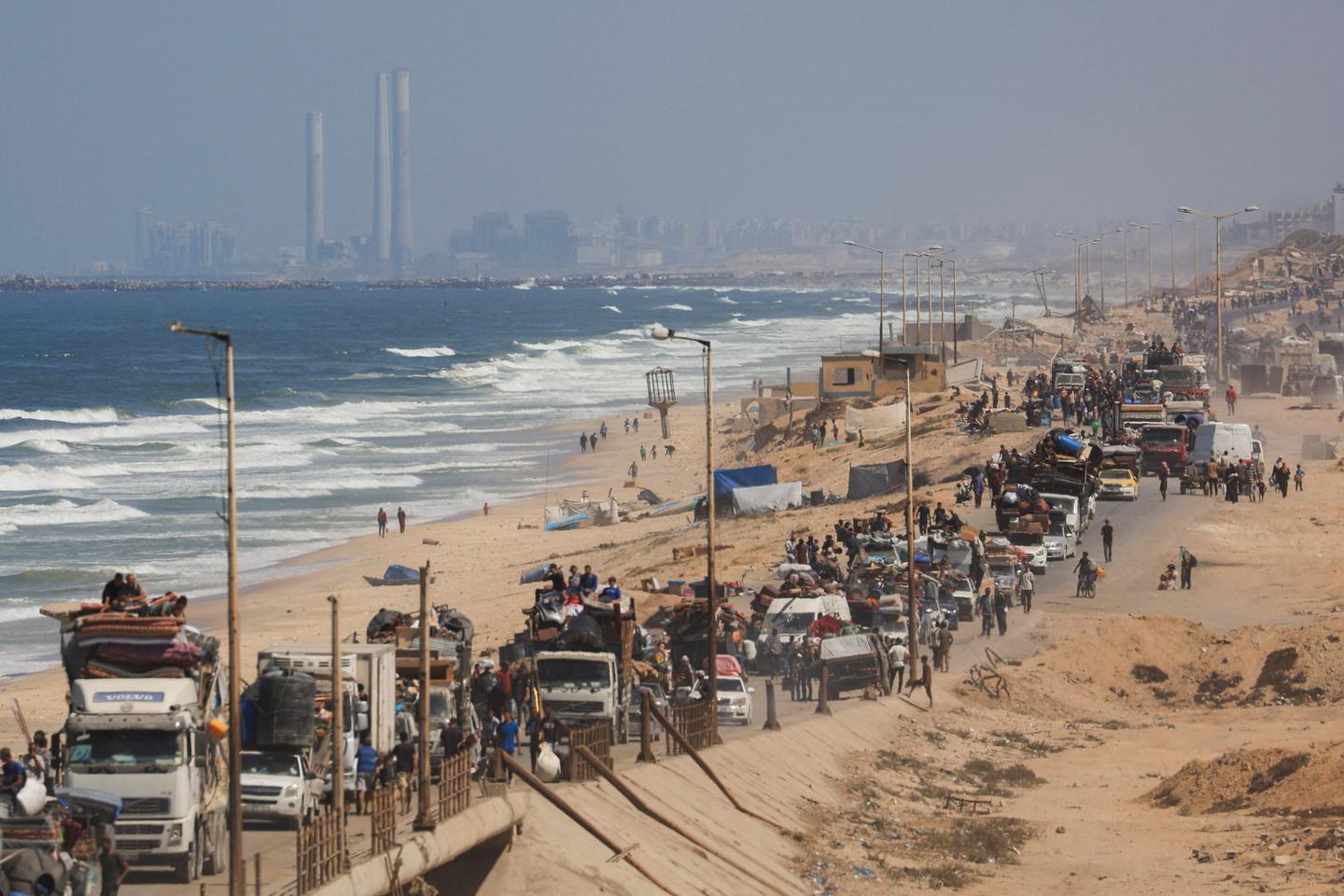


Donald Trump held a major meeting at the White House on August 27 to discuss the situation and the future of the Gaza Strip. His special envoy for the Middle East, Steve Witkoff, attended, along with Witkoff's predecessor Jared Kushner (who is also the son-in-law of the US president) and Tony Blair, former British prime minister and, above all, Middle East envoy from 2007 to 2015 for the Quartet led by the United States.
One might have expected that the looming famine in the Palestinian enclave or the horrific conditions endured by its inhabitants would have been on the agenda at such a meeting. According to The Washington Post, however, the discussions instead focused on the presidential project to turn the Gaza Strip into the "Riviera of the Middle East."
The misleadingly named Gaza Humanitarian Foundation (GHF), led by an evangelical Christian with close ties to the White House, reportedly drafted a 38-page document detailing the various steps for implementing this plan.
A real estate approach
Although this plan does not yet have any official status, it deserves close attention because it offers a privileged insight into the workings of the Trump administration, by far the most anti-Palestinian in US history. The document contains no reference whatsoever to international law and never recognizes Palestinians as a people, referring only to the "Gazans."
This purely transactional logic is expressed as a real estate "deal" − a hallmark of Trump, Witkoff and Kushner − with the idea of "[increasing the] value" of the Gaza Strip to as much as $300 billion within 10 years, compared to its current value, which is considered to be zero. Blair's involvement in these discussions is clearer within this context, as for eight years he claimed that the economic development of the Palestinian territories was the key to easing the Israeli-Palestinian conflict.
The project is called GREAT, standing for "Gaza Reconstitution, Economic Acceleration and Transformation." Its stated ambition is to transform an "Iranian proxy [into] a prosperous Abrahamic ally." As such, Gaza's Palestinian identity and that of its population are erased in favor of a geopolitical restructuring of the Middle East, launched by Trump in 2020 at the end of his first term with the signing of peace agreements between Israel and four Arab states, most notably the United Arab Emirates.
You have 55.11% of this article left to read. The rest is for subscribers only.
